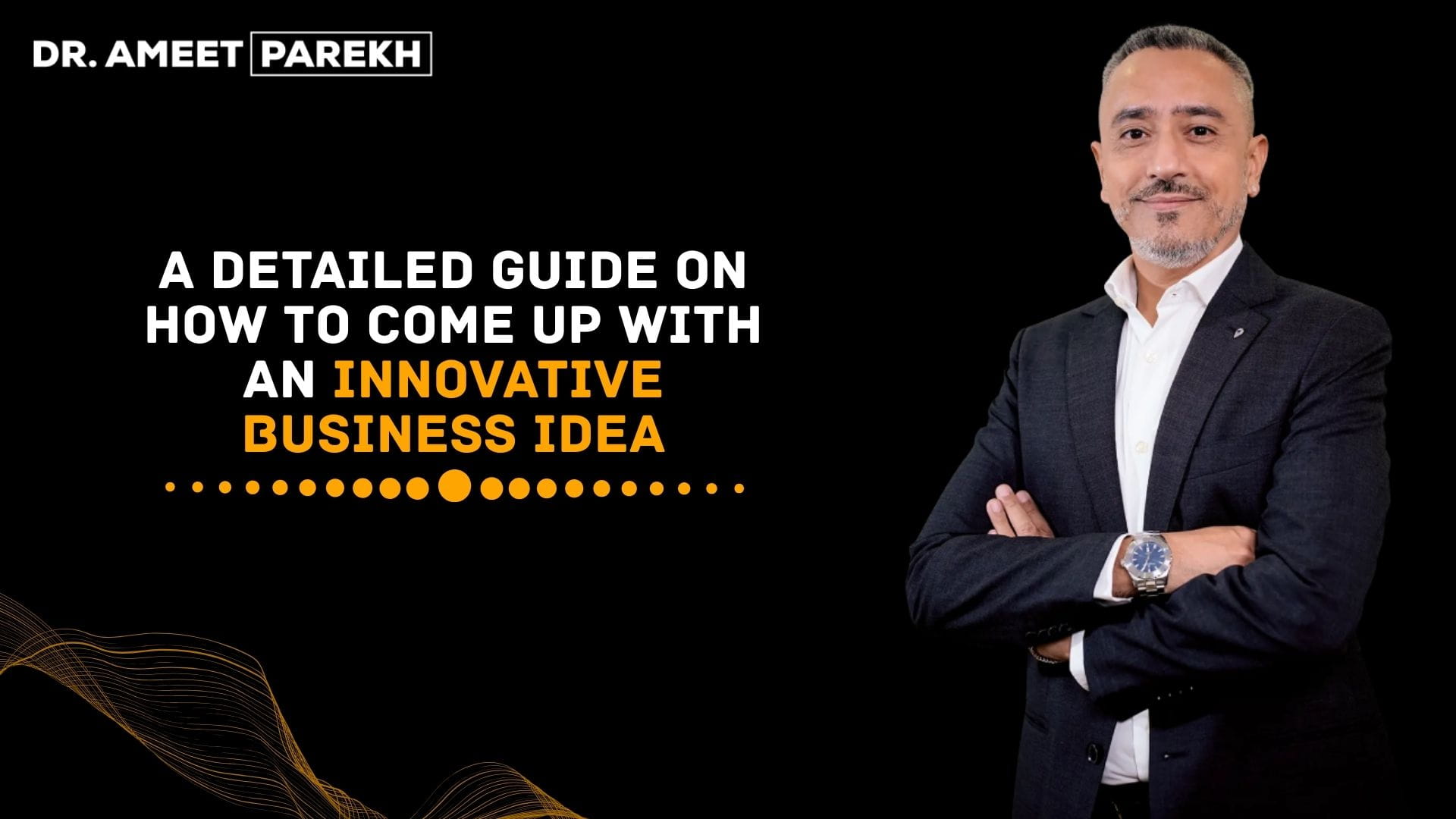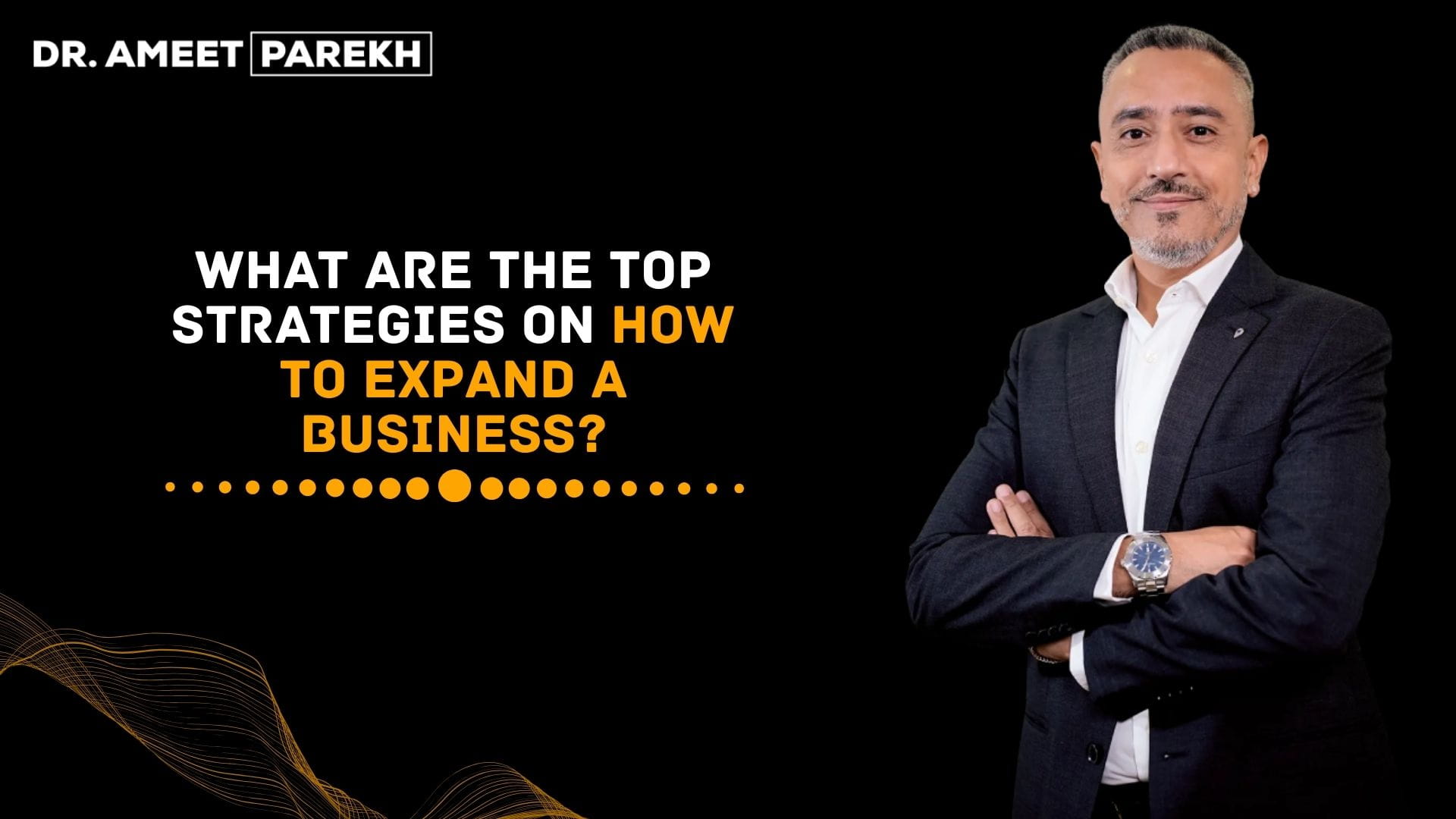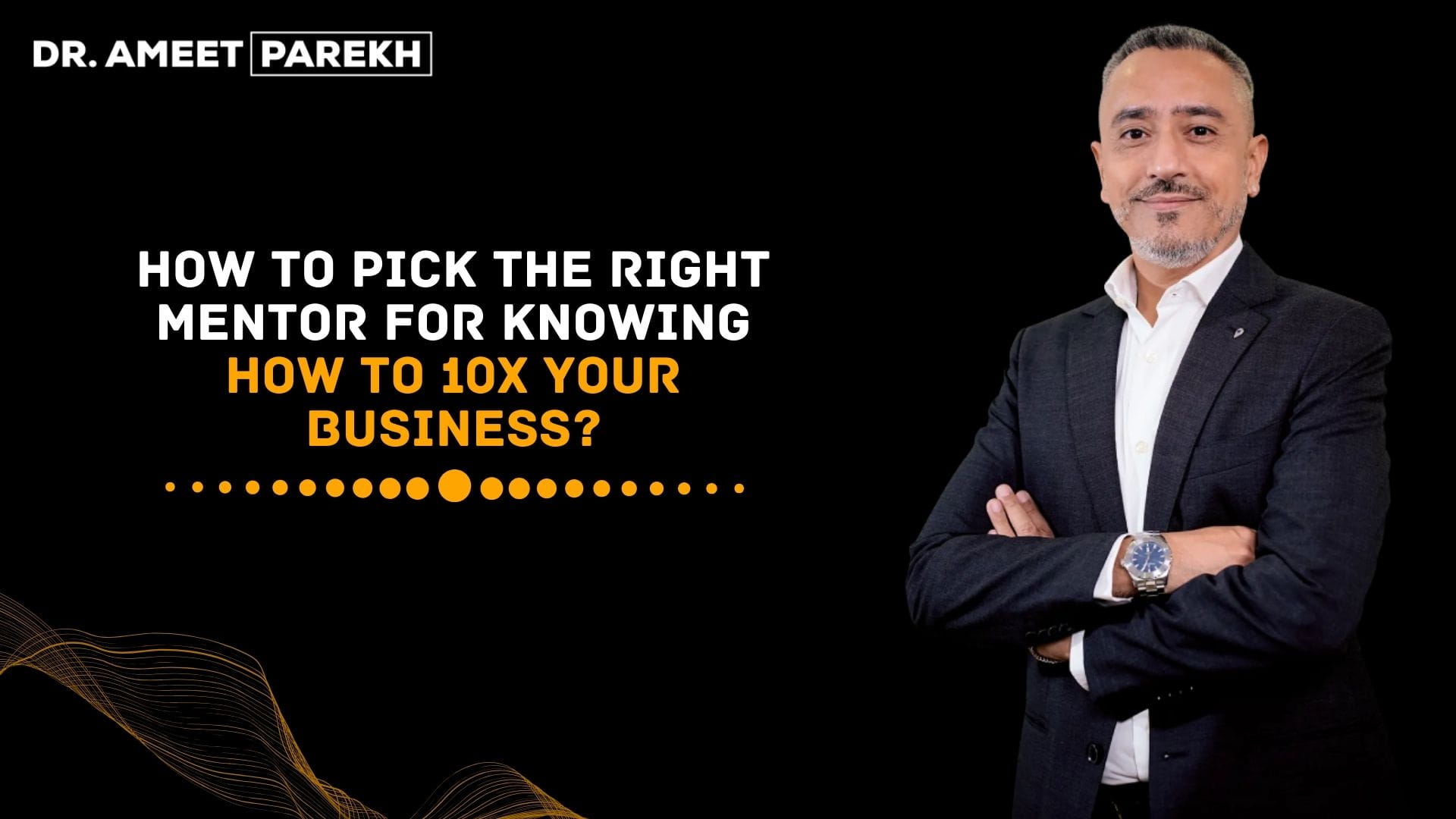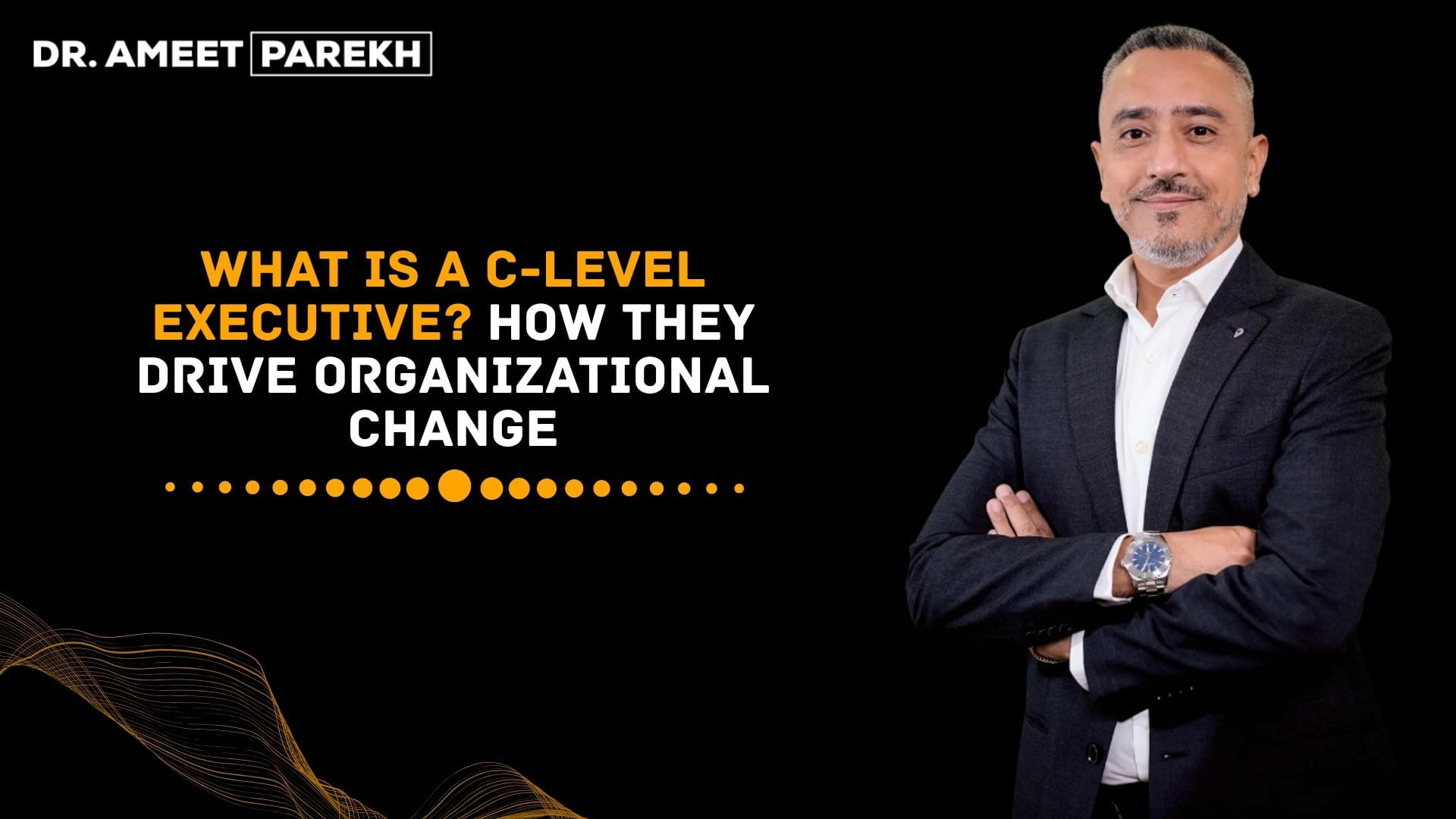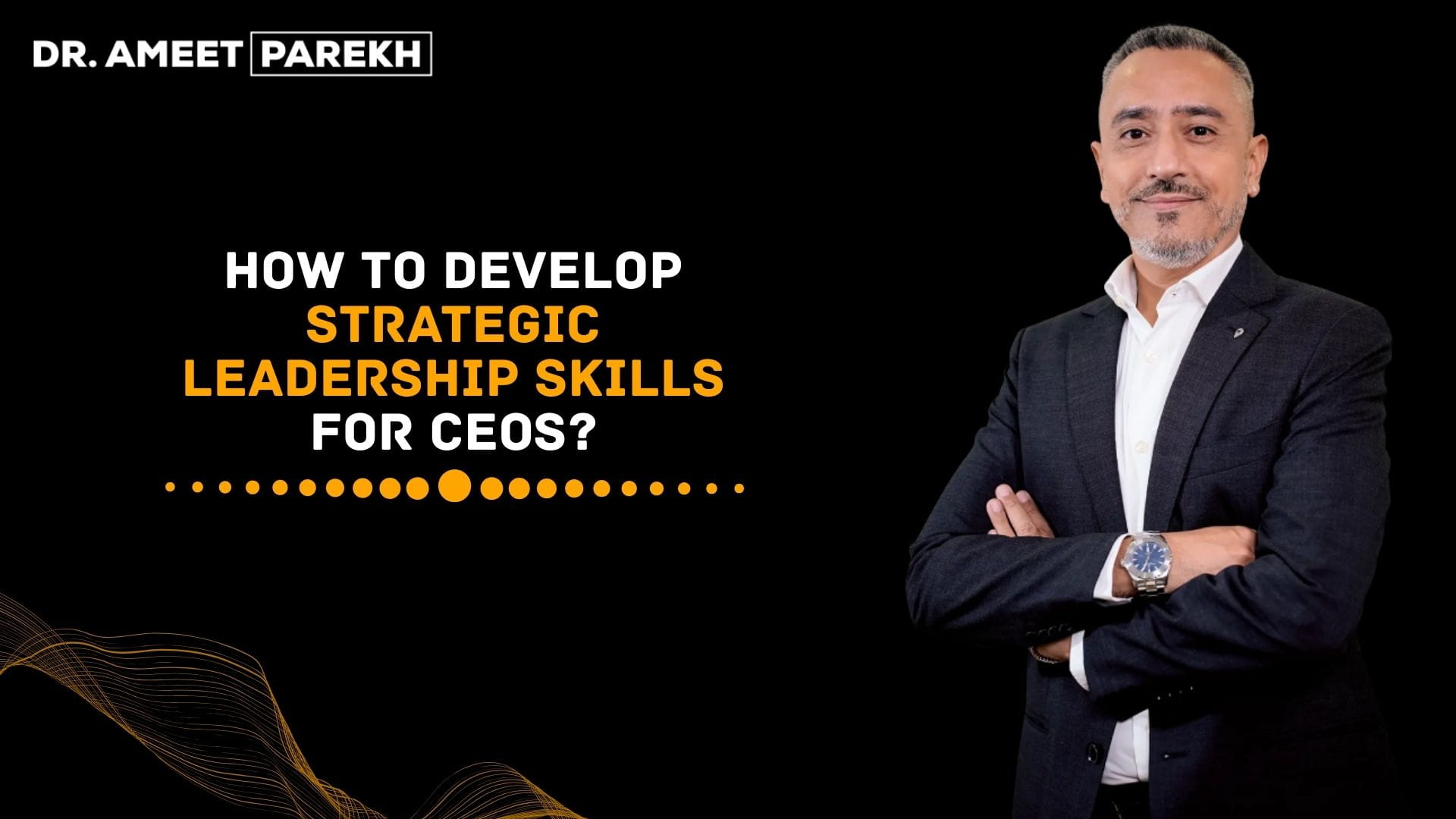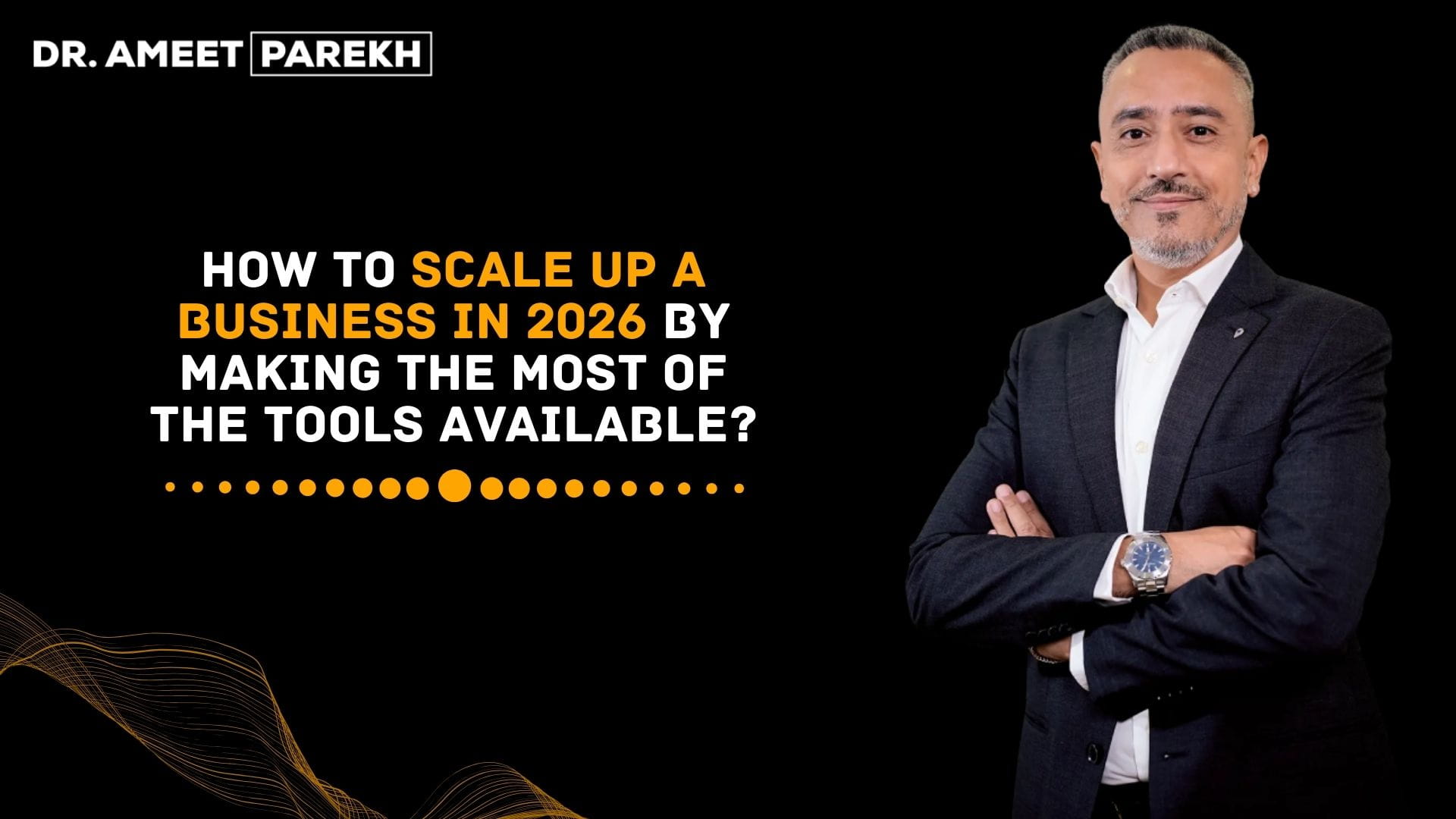Whether you realize it or not, in today’s fast-paced economy, more and more professionals are turning toward independent work and entrepreneurship. In doing this, a debate arises: self-employment vs. business ownership – is there really a distinction?
With both roles offering freedom and flexibility, the mindset, operational style, and long-term implications diverge significantly for each. During the years of supporting entrepreneurs and professionals, I have seen the difference in understanding which can define or exclude success.
Let us get into the nitty-gritty of explaining what truly differentiates a self-empowered individual from a business owner, along with why that very difference is key to your financial future and the growth of self.
Difference In Definitions: Self-Employed Vs Business Owners
Self-employment is when one operates their business independently. The individual is the business. Freelancers, consultants, coaches, and service providers typically fall under this category. They set their hours, choose their clients, and control their workload—but they also trade time for money. If they stop working, the income stops too.
However, business owners build up systems with little involvement from themselves. They usually hire employees or outsource to generate income without direct participation.
So if you ever think, “Am I self-employed or a business owner?” The real distinction is: Self-employed people work in their own businesses, while business owners work on their businesses.
The Legal Divide and Structure
When it comes to setup and operations, these differences become even clearer concerning self-employment and business ownership:
Self-employed professionals generally operate as sole proprietors or, rather, independent contractors, while working under their SSN for tax purposes.
Business owners usually create a more formal legal structure- LLC, partnership, or corporation-oriented- which presents legal protection, brand identity, and opportunities for scaling.
Largely knowing this difference would have vast repercussions in terms of taxation, liability, and long-term growth. In any Entrepreneurship Skills study, the ability to know how to formalize and scale the operations stands out.
Same, Business owner: Entrepreneur
All entrepreneurs are business owners, but vice versa does not hold true.
The entrepreneur is focused on innovation, disruption, and scaling beyond their own capabilities. Their risk-taking behavior is to create something that far exceeds them. Steve Jobs or Elon Musk come to mind, visionaries who built brands far bigger than themselves.
A business owner may be operating a local bakery, law firm, or real estate agency very successfully without, at the same time, endeavoring to disrupt an industry or encourage foreign expansion.
So as you weigh the business owner versus entrepreneur question, ask yourself: Am I just running operations, or am I building something scalable, repeatable, and sellable?
Difference Between a Freelancer and a Business Owner
Not all freelancers immediately get into a career where they are employers; most start as self-employed service providers. Some services they offer include writing, graphic design, coaching, and photography. While it is good because it is flexible, it limits scalability; there are only so many hours one can work in a day.
Unlike the self-employed person, a business owner builds a system for delegation. They might hire freelancers, set up automated revenue streams, or manage a team to grow output without increasing their personal time involvement.
Leverage is what differentiates business owners from freelancers. While a freelancer uses their own time, a business owner utilizes systems and people.
Implications on Finances and Taxes
This is usually where many people start to feel the gap most clearly:
Taxes
The self-employed pay self-employment tax and report income through their personal returns.
Depending on the structure they set up, business owners can lower their tax burden because of certain deductions, retirement plans, and payroll strategies for taxation. Some might just be at the corporate tax rates or take salaries, giving them better long-term planning options.
Salary
Self-employed people probably get paid by the hour or project by project. There may not be work, and hence no pay.
They can pay themselves a salary, award dividends, or reinvest profits into growth.
Benefits
The self-employed must buy private health and retirement plans.
Group benefits can be made by business owners, not only themselves but also all their employees, because this can form a stronger foundation for long-term stability.
If you want to learn CEO Skills, financial structuring is important. How you pay yourself, invest profits, and do taxes will change dramatically over time.
What Path Is Right for You?
Self-reflect on a few critical questions:
- Should I like scalable things, or am I okay working alone?
- Want to hire and delegate, or do I prefer doing everything myself?
- Can I afford to take time off and still earn income?
If you are okay with freedom and flexibility, self-employment might be a good fit for you. However, if you want to grow, achieve financial freedom, and eventually be able to step back while your business runs itself, you are probably ready to be a successful business owner, as well as an entrepreneur.
Transition from Self-Employed Connection to Business Owner
The most common pathway is actually being self-employed and then becoming a business owner. Here is how you can make that change:
- Systemize Your Processes – Document workflows for others to follow
- Delegate or Outsource – Start small by bringing on freelancers or part-time helpers
- Formalize Your Structure – Form an LLC or corporation
- Invest in Your Growth – Take Entrepreneurship Skills or leadership programs
Adopt this mindset that sees further: Find a CEO Mindset. Create a vision greater than your daily tasks. Learn of CEO Skills and personal development.
Conclusion: Think Bigger, Act Smarter
It is not self-employment or business ownership; it is more akin to a mindset, a structure, and a vision. Self-employment can be rewarding, but in most cases, it creates a ceiling. The only way to break that ceiling is to change your thought process, delegate tasks around you, and build a business that can thrive without you.
Are you unsure where you stand or how to proceed? Working with a business coach will unlock the key to the next level- whether you are moving from freelance to founder or small business owner to real entrepreneur.
Ask not “What can I do?” but “What can I build?”
Ready to make the change from self-employed to empowered business owner?
Let Dr. Ameet Parekh guide you towards building a scalable business and mastering the skills to grow it with confidence.

